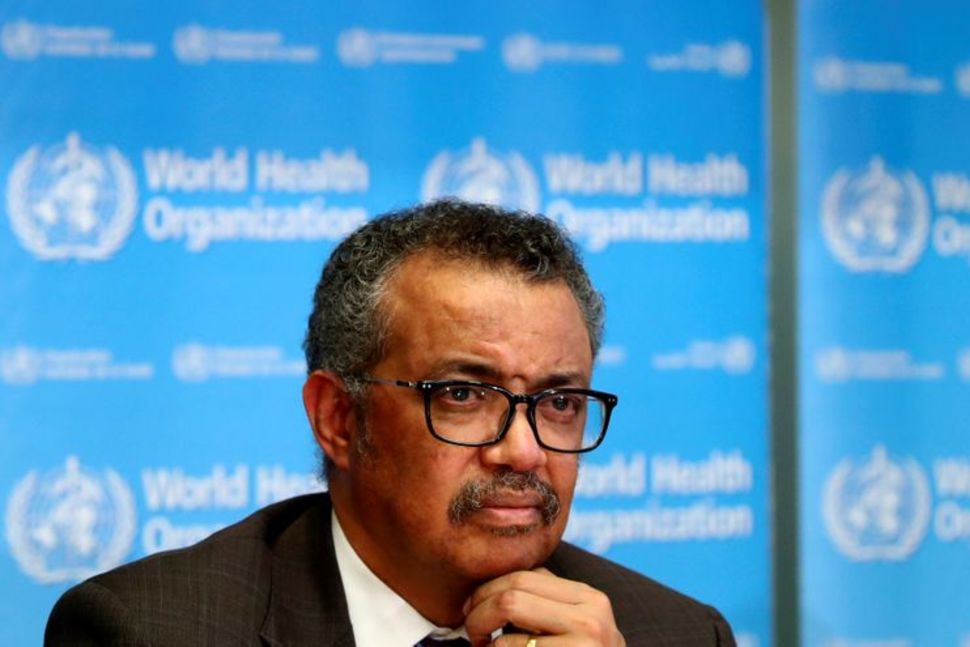By Deandrea Hamilton | Magnetic Media
October 14, 2025 – I watched the people, by the hundreds, walk the dusty strip that led back to their home in Gaza. We all knew, as they did, they were heading into hollowed-out neighbourhoods — debris, shattered glass, skeletal walls — reminders of years of despair.
But there was something else too: a buoyancy in their stride, a glimmer in their eyes. The Mediterranean glistened, still impossibly beautiful. The people — strong, proud, indomitable — moved as though carrying both grief and grace in equal measure.
In that moment, I realized this was more than diplomacy. More than the signing of a historic document in distant halls of marble and microphones. This was humanity rediscovering itself — a world beginning to understand that beyond geography and faith and politics, we are all human beings, bound by the same elemental truths: emotion, desire, hope, dream, and love.
It was not politicians who brokered this new peace, but visionaries who remembered the simplicity of service — that peace, like business, depends on relationships, trust, and respect. Perhaps it took a businessman to remind the world that excellence in service to humanity means meeting people’s needs with empathy, not ideology.
The Trump Peace Agreement, signed in Sharm El-Sheikh, Egypt, brought to a close more than two years of suffering and opened, in the words of the signatories, “a new chapter for the region defined by hope, security, and prosperity.” Egyptian President Abdel Fattah El-Sisi, who hosted the summit, called it “the dawn of renewal — not only for Gaza, but for how we see one another.”
Under the accord, 20 living hostages held in Gaza have been freed and reunited with their families, marking the end of one of the most painful sagas of the conflict. In addition, the agreement mandates the return of 28 deceased hostages, with four sets of remains already handed over. The deal also includes the release of thousands of Palestinian detainees, allowing families long separated by war to embrace again — mothers and sons, brothers and sisters, husbands and wives.
For the first time in decades, the streets of Gaza and Tel Aviv echoed the same sound — weeping and relief.
The agreement’s language was strikingly human: a shared vision of “tolerance, dignity, and equal opportunity for every person,” where faith is not a dividing line but a moral compass. It pledges to protect sacred sites across Christianity, Islam, and Judaism, recognizing that this narrow strip of land carries deep spiritual meaning for much of humanity.
The declaration also commits to dismantling extremism “in all its forms,” replacing radicalization with education, opportunity, and respect. In a time when rage had become routine, the world seemed to pause — if only for a moment — to breathe again.
Observers call it a diplomatic miracle; others see divine timing. But either way, this peace feels different — grounded in the recognition that people cannot be endlessly broken without consequence. The Muslim and Arab world, long accused of intolerance, appears to be turning a page: moving from rejection to reconciliation, from ideology to empathy.
For a generation raised on images of rockets, ruins, and rage, the simple act of dialogue has reclaimed its power. The leaders who signed the document — Donald J. Trump, Abdel Fattah El-Sisi, Tamim bin Hamad Al-Thani, and Recep Tayyip Erdoğan — pledged to resolve future disputes through negotiation, not war.
Standing before the Knesset in Jerusalem the following day, President Trump declared,
“This peace will not end with signatures. It will endure through every handshake, every investment, and every act of mercy that follows. Peace is not an event — it is a way of life.”
And as I watched the people of Gaza — battered, barefoot, but unbroken — I couldn’t help but believe that this time, maybe, the world has finally begun to live that truth.
We have not just reached peace; we have rediscovered the tapestry God Himself has woven — of difference, dignity, and divine connection — the beauty of being human.
Angle by Deandrea Hamilton. Built with ChatGPT (AI). Magnetic Media — CAPTURING LIFE.

